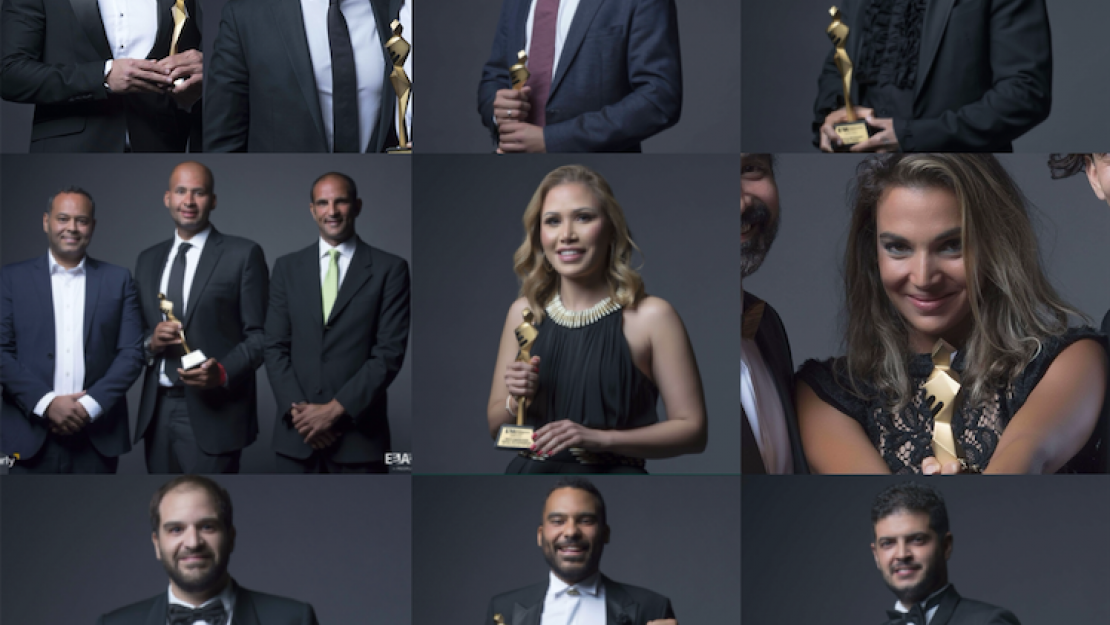AUC Professors Publish Landmark Report on Cryptocurrency in Africa

AUC’s Mina Sami, assistant professor of Economics, and Wael Abdallah, assistant professor of Finance, have published a first-of-its-kind report on Africa’s crypto boom, aptly entitled “Does Cryptocurrency Hurt African Firms?”
A lack of data around cryptocurrency in Africa, coupled with ever-increasing public interest, earned Sami and Abdallah recognition as among the top 10% of SSRN authors in the MENA region.
Their latest report, published in February 2022, shows that cryptocurrency negatively impacts African micro-entities, particularly those in “less competitive” sectors such as energy, financial, industrial, and consumer services. “Each 10% growth in the cryptocurrency market cap reduces the market value of African firms by 0.76%,” Sami and Abdallah’s paper outlines.
It also finds that cryptocurrency trading in Africa has a particularly adverse effect on firms that are less experienced and highly indebted.
Additionally, Sami and Abdallah outline how macroeconomic factors and companies’ internal policies are part of the adverse landscape created by the crypto boom. Even with cryptocurrency banned in many African countries, this fails to protect companies in less competitive sectors.
The reason for this, Sami argues, lies in behavioral finance. “The pain of loss is higher than satisfaction from gains,” he affirms; consequently, with some sectors underperforming as the coronavirus pandemic shook businesses and economies globally, investors are looking for alternatives.
In much of the world, including developing economies, the answer became crypto.
The crypto boom is particularly worth watching in MENA and Africa as it may, on the surface, seem at odds with low financial inclusion levels plaguing emerging and developing markets in the same geographic vicinity—a shocking 57% of Africa’s population is unbanked.
Despite the parallels in many of these emerging markets, they are far from being a monolith. According to global data, 2.6% of Africa’s population are crypto users, although this figure is calculated through median ranges, and is not necessarily representative of every market in Africa. Egypt’s crypto users stand at 1.7 million, a massive number despite the stigma and skepticism with which the public widely views crypto and digital currencies, and as the Central Bank of Egypt does not yet allow crypto trading. Another commendable market is Kenya, ranking fourth globally with 8.5% of the country’s population being crypto users.
Sami and Abdallah see that crypto’s popularity is poised to grow even more. “I believe there will be great growth in Africa’s crypto markets in the next year. People are unbanked and the stock market has high transaction costs, while cryptocurrency is decentralized and transaction costs are low…So the trend is very likely to grow in Africa, especially with the prospect of inflation and depreciating currencies in much of the continent; this makes crypto very attractive for traders…a safe haven,” Sami explains, grouping crypto with more traditional safe haven assets like gold and crude oil.
While Sami and Abdallah don’t offer a solid answer as to whether crypto should be legalized in more African markets, they do say that their findings call for an excruciating need for further innovation—this, they say, is the one prime aspect that might mitigate the adverse effect crypto growth has on African micro-entities.
“Firms must be more competitive in the market,” Sami affirmed, quoting Robert Solow, winner of a Nobel Prize in Economics, in saying, “What guarantees country-level economic growth in the long-term is innovation.”
He continued: “Real estate and IT thrive [in Africa] because they innovate, whilst in other sectors productivity is very low—something that we need to boost. Entrepreneurs in Africa are not well guided or backed with enough knowledge, which makes companies [especially SMEs] less productive.”
Speaking on the paper’s recognition and ranking, Sami said, “This opens a new area for research, encouraging researchers and academics to work on these topics. People living here in the region, or outside, need information and research about this market.”
In a rapidly changing world, there is no one easily digestible answer to tackle the threats posed by shifting market trends and novel prospective assets. Sami and Abdallah’s new report shows just that; with all the merits that crypto offers investors, and all the promise it holds in Africa, this comes at massive cost for conventional institutions and a host of less-than-lucrative sectors.
“The role of the government should be to increase innovation and improve regulation in the traditional financial markets, in order to compete with cryptocurrency,” concludes Abdallah. “In improving the efficiency of our financial markets, we must be more transparent and pass regulations that facilitate investment flows.”
These lessons will not only capitalize on crypto’s promise—despite most cryptocurrencies posing a generally high risk level—but also potentially reap wider gains for economies at large.

























